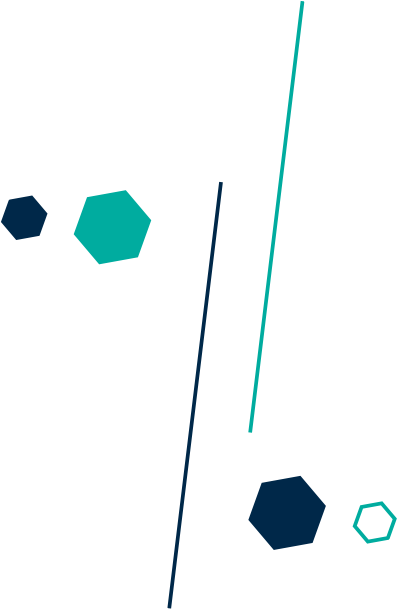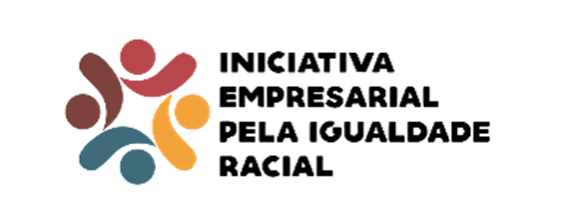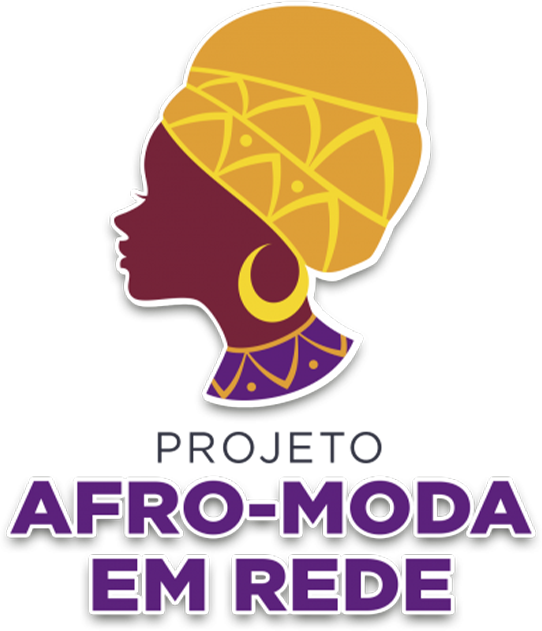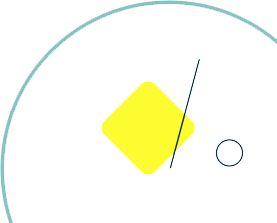MENU

-
Banco do Brasil Foundation


Banco do Brasil Foundation
GRI 405-1 | NGO4

BB Foundation recognizes the importance of women's participation in leadership positions in the institution. There is still a long way to go, but the first steps have been taken: we reached the end of 2022 with 50% of management positions held by women.
In April 2022, BB Foundation signed the Business Initiative for Racial Equality, a movement created in 2015, made up of representatives of civil society, the business environment and public authorities, which has been promoting the articulation between organizations committed to seeking a significant performance in approaching the ethnic-racial theme.

In addition to caring for its employees, Banco do Brasil Foundation encourages gender equality, diversity and inclusion in its socioenvironmental programs and projects, interacting and carrying out actions with different audiences and prioritizing people in situations of social vulnerability, seeking to promote the improvement of quality of life for those who need the most. As an example, we highlight the following projects.
Since 2019, the partnership with Instituto Magnus proposes social inclusion and education for the rescue of citizenship of people with visual impairments through the guide dog, providing the development of skills, potential and autonomy for their full citizen participation.
The continuity of the project provided the expansion of activities to the cities of Niterói (RJ), Criciúma (SC) and Itajaí (SC). With the social investment of BB Foundation in the amount of BRL 298,352.36 (around USD 59,000), the project contributed to encourage the practice of volunteering, applied to socializing families, who carry out the socialization of the guide dog. And it has also generated relevant results:
donation of 14 guide dogs;
inclusion of 40 socializing families in the project;
holding more than 20 awareness talks in schools and other institutions;
conducting training of professionals for the activity of guide dog instructor;
acquisition and matrices to generate new donations.
A project in partnership with Parque Social – Entrepreneurship and Social Development, which aims to encourage entrepreneurship and female social emancipation in low-income communities in the city of Salvador (BA). The project provides training for 240 young people to produce and manage content on social media, aimed at the ethnic fashion market, to act as digital entrepreneurs. The total social investment in the project amounted to BRL 306,984.25 (USD 60.7 thousand), of which BRL 259,659.25 (USD 5.14 thousand) was contributed by BB Foundation and BRL 47,325.00 (USD 9.36 thousand) by the partner.

The expected results are the training and inclusion of participants as entrepreneurs in digital businesses in the fashion market and the expansion of the positive visibility of the communities included in the project.
The project in partnership with Instituto Proeza aims to generate income for 90 women in a situation of social vulnerability, from the production and sale of food and the making of clothing with the reuse of textile waste, in line with the principles of solidarity economy. The total social investment in the project amounted to BRL 424,313.47 (USD 83.9 thousand), of which BRL 349,208.30 (USD 69.05 thousand) was contributed by BB Foundation and BRL 75,105.17 (USD 14.8 thousand) in counterpart funds from the institution.
The women participate in training activities in tailoring and sewing and produce garments that are sold in campaigns carried out by Instituto Proeza. They learn food production techniques and the entire production is sold at events held at the project's headquarters.
The Enterlaçando Mundos project brought new partners to Instituto Proeza, which encouraged the organization of women to establish an association, with the aim of implementing new business models for its members.
In addition to technical knowledge in sewing, handicrafts, and food production, the participants increased their ability to build new interpersonal relationships, acquired knowledge about associations and cooperativism, learned pricing techniques, took classes and trips to study raw materials and still had the opportunity to raise the level of schooling.


The social heart of Banco do Brasil
